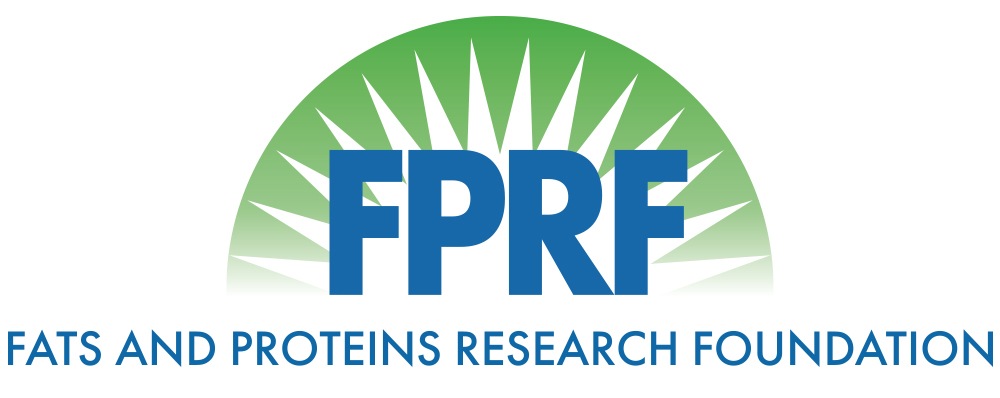Effects of supplemental fat on growth performance and quality of beef from steers fed com finishing diets
Title: Effects of supplemental fat on growth performance and quality of beef from steers fed com finishing diets
Principle Investigator: Mark Nelson
Year: 2004
Objective: Determine effects of fat and forage level on growth performance and
appearance, composition and eating quality of beef.
Lay Summary/Industry Summary: Supplemental fat in finishing diets I) decreases ruminal fiber fermentation so we may be able to decrease forage in the diet, 2) decreases energy lost as methane which increases diet ME, 3) decreases heat increment which increases diet NE so steers may eat less DM, gain more and be more efficient. However, supplemental fat also alters the fat composition of beef including increasing conjugated linoleic acid content and its effects on beef quality and consumer acceptance is known for barley-fed beef but not com-fed beef. Therefore, we fed 126 steers a com-based diet containing 15% potato byproduct with either 3.5 or 7% alfalfa and 0, 3 or 6% yellow grease. Steers DM and ADG were not affected by dietary treatment. However, gain-to-feed and diet NE content increased linearly (P < 0.10) with increased yellow grease. Increased yellow grease increased carcass fatness, altered muscle fatty acid content which increased beef flavor. Moisture retention, shelf-life, and cooking properties of the beef were not affected. Beef from corn plus yellow grease-fed steers was more tender and had slightly less saturated fatty acid content than of beef from barley plus tallow-fed steers. All the 2.75 billion pounds of yellow grease currently produced (Pearl, 2000) could be fed to finishing cattle if 4% fat were added to finishing diets. Publications: Effects of supplemental fat on growth performance and quality of beef from steers fed corn finishing diets
